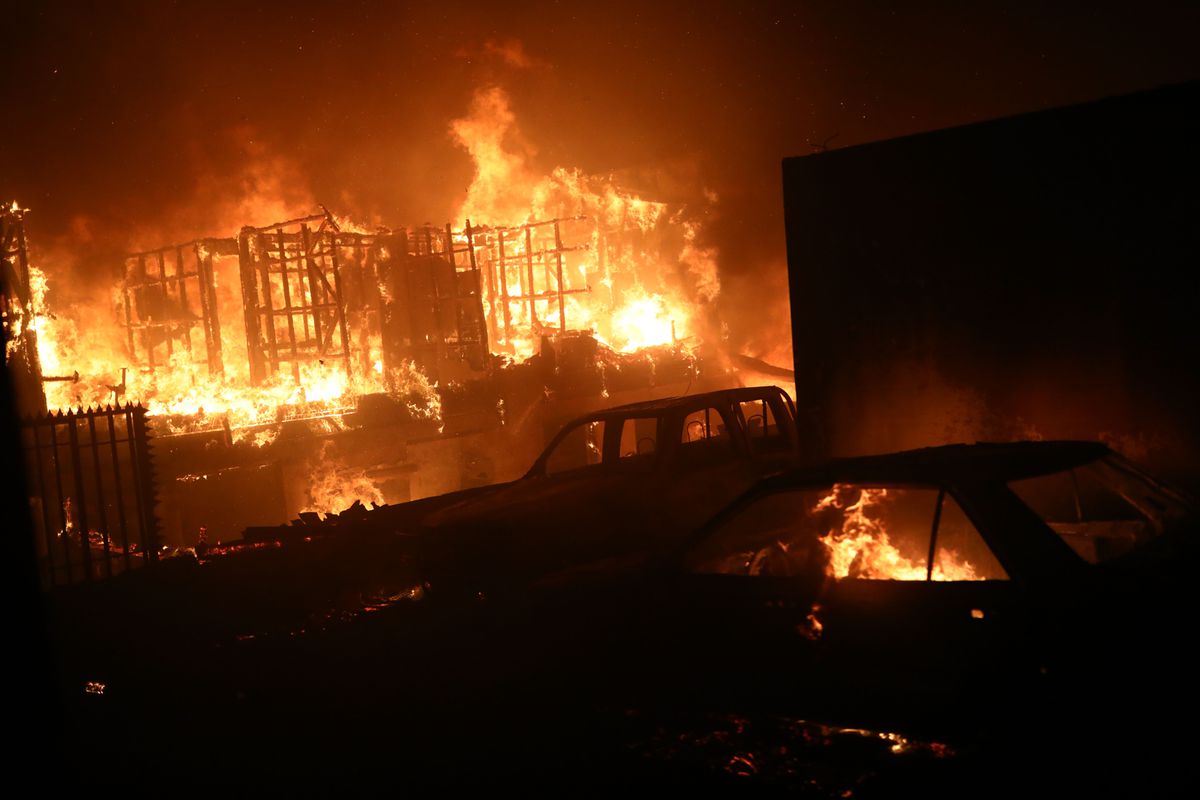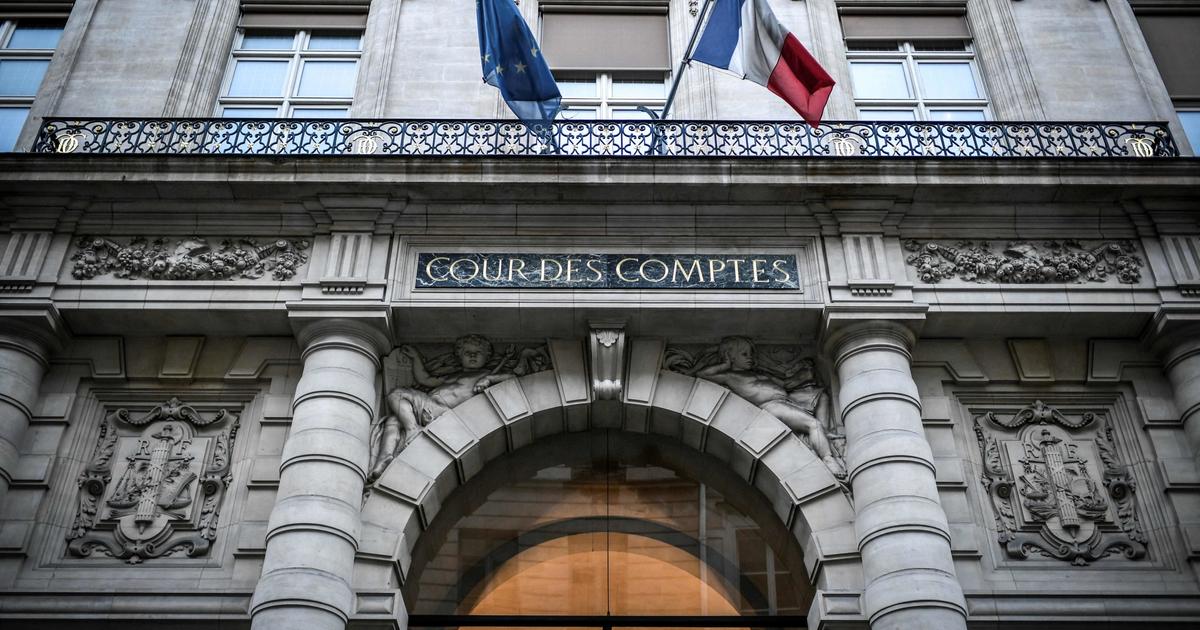The facts are not yet proven, but the doubt is there.
This Wednesday morning, an explosion occurred near a Covid-19 screening center in the village of Bovenkarspel, in the Netherlands.
No injuries are to be deplored, but the homemade device in question caused material damage, said the police.
According to the regional police spokesperson, this would be a deliberate act.
"It is not possible that it is an accident, the object was placed there and exploded near the facade of the screening center", he explained on the phone to AFP. .
An investigation is underway, in particular to discover the reasons for the incident.
VIDEO: # COVID19 testing center set on fire, widespread clashes between police and young people in #Urk, #Netherlands 🇳🇱, overnight.
pic.twitter.com/gNY8AFuahx #Curfew #lockdown #confinement #Oldies #oldyoung #Merkel #Macron #BorisJohnson 🇨🇳 #EU 🇪🇺
- Sam Pye (@ freddie1999) January 24, 2021
On January 24, a screening center was set on fire in Urk, a village on the shore opposite Bovenkarspel, while the curfew had entered into force the day before.
This measure - the most severe in the Netherlands since the start of the health crisis, extended until March 15 - sparked the most serious riots in the country in decades.
Growing dissatisfaction
The violent protests started in Amsterdam and Eindhoven (south), before spreading to Rotterdam, The Hague and other cities in the country.
In addition to attacking cars, street furniture, but also several stores, the demonstrators also stoned a hospital in Enschede (near the border with Germany).
As Dr Jelle van Buuren, associate professor at Leiden University and an expert in security issues and conspiracy theories, explained to Euronews, these protesters seem to share "mistrust of the government, hatred for against it and, more broadly, hatred and mistrust of all kinds of institutions in society ”.
And the implementation of the curfew offered them a common fight.
VIDEOS.
Netherlands
: clashes during rallies against curfew
Some of the participants also came, quite simply, to show their disagreement with the government on its management of the health crisis.
An opinion shared by an increasingly important part of the population, according to the latest Eurobarometers.
The evolution since the start of the pandemic is impressive.
Last May, 81.1% of Dutch people said they were satisfied "with the way [their] government has taken action to fight Covid-19".
They were 76% in July and only 60.6% in October 2020. Conversely, dissatisfied people went from 16.3% to 35.9% between May and October.
If these figures are still far from those of France - where 62% declared themselves not satisfied in October - they show an upward trend in the clan of the dissatisfied.
And the introduction of the curfew has ignited the powder.
It must be said that this restrictive measure came at the wrong time: the government of Prime Minister Mark Rutte resigned on January 15 because of a vast scandal around family allowances - thousands of families were wrongly accused. of fraud.
He still remains the decision-maker for current affairs and in particular health until the legislative elections which are to take place on March 17.
A legal twist has come to further complicate matters.
On February 16, a court in The Hague ordered the immediate lifting of the curfew ... But this judgment was suspended the same day by an appeal court, and therefore did not have time to be applied.
A turn difficult to accept
In addition to the government crisis, the hardening of measures, which began in October with the closure of bars and restaurants, then schools and non-essential stores in December, takes the form of a 180-degree turn that is difficult to negotiate.
Because, at the start of the epidemic, the government had chosen not to impose restrictions, arguing that the Dutch were respectful of the rules and that they did not need to be treated like children, recalls the BBC .
The tone has changed a lot since then, and the curfew has even been extended until March 15.
Morning essentials newsletter
A tour of the news to start the day
Subscribe to the newsletterAll newsletters
READ ALSO>
Anger spreads in Europe against anti-Covid measures
If the translation of all these grievances into demonstrations is "a trend specific to the Netherlands", it is also part of an international movement.
“Wider than we see in the United States but also in other European countries.
The far right, right-wing populism, conspiracy theories, mistrust of the liberal elite, mistrust of the media;
it is also an international phenomenon, ”says Dr Jelle van Buuren in Euronews.
Despite a first easing of measures on March 1, with the reopening of contact services such as hairdressers and part of colleges and high schools, the discontent continues. On Sunday, riot police had to intervene in Amsterdam to end a prohibited demonstration. And the explosion near the screening center on Wednesday leaves doubt as to the motivations linked to the health restrictions.















